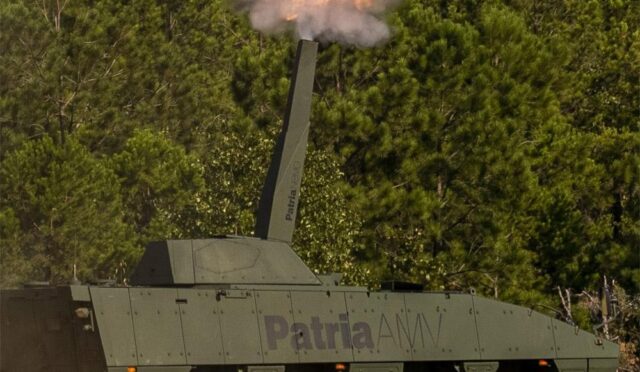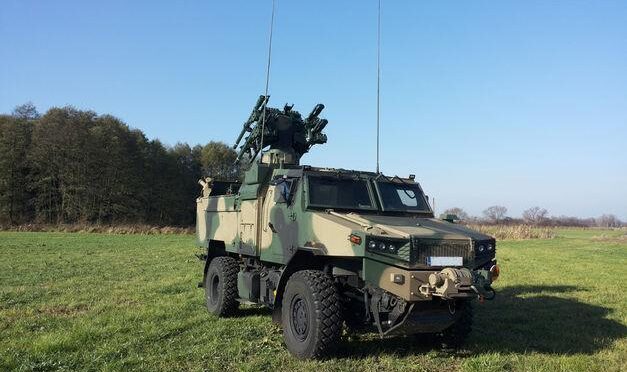Escalating Tensions in Lebanon and Israel
Israel announced on Friday its decision to target any locations in Lebanon that it views as threats, marking a significant escalation in tensions following recent rocket fire. This retaliation resulted in Israeli airstrikes on the southern suburbs of Beirut, a first during the four-month ceasefire with Hezbollah. Lebanese Prime Minister Nawaf Salam condemned the attacks as a “dangerous escalation,” while French President Emmanuel Macron called the strikes an “unacceptable” violation of the truce.
The Lebanese health ministry reported no casualties from the strike on Beirut, but earlier Israeli operations in southern Lebanon resulted in five fatalities. This incident represents the second rocket launch toward Israel from Lebanon since the November ceasefire began, the prior occurrence having taken place just last Saturday. Hezbollah, the Iran-backed group in Lebanon, has again denied any involvement.
Israel’s Military Response and Ceasefire Violations
In response to the escalating situation, Israeli Prime Minister Benjamin Netanyahu stated, “The equation has changed.” He emphasized that Israel would enforce the ceasefire with strength, targeting any threats to the state of Israel across Lebanon. This latest airstrike represents a continuation of Israel’s frequent attacks in southern and eastern Lebanon, where it claims to target Hezbollah military sites that breach the ceasefire agreement.
Despite the ongoing ceasefire, airstrikes in areas previously hit, such as Dahieh, have continued, with warnings issued to residents for immediate evacuation before the strikes. The Israeli military claimed the raid was aimed at a Hezbollah UAV storage site. Notably, during the past conflict with Hezbollah, Israel conducted extensive bombings in this region.
Lebanon’s Response and Pursuit of Accountability
Lebanese President Joseph Aoun spoke at a joint press conference with President Macron in Paris, highlighting the need for an investigation into the recent rocket fire, asserting there is no evidence pointing to Hezbollah’s involvement. Eyewitness accounts documented the destructive aftermath of the Israeli strikes, which flattened the targeted building in Beirut and caused smoke and flames to rise into the air.
Following the Israeli offensives, the state-run National News Agency in Lebanon reported additional bombings in twelve areas, leading to tragic casualties. The conflict has instigated panic among residents in southern Beirut, with many expressing fears of a return to war. Local taxi driver Mohammed articulated widespread anxiety, saying, “We’re very afraid the war will return as families hurriedly evacuate the region.
Ceasefire Agreement and International Involvement
The terms of the ceasefire had stipulated that Israel would complete its troop withdrawal from Lebanon by February 18. Despite failing to meet a January deadline, Israel maintained a presence in strategic locations. Meanwhile, the ceasefire agreement required Hezbollah to withdraw its forces significantly north of the Litani River and dismantle military infrastructure in the south.
In response to the recent hostilities, Prime Minister Salam directed his military chief to swiftly identify and apprehend those responsible for the rocket fire. Salam has also connected with international figures, including U.S. Deputy Special Envoy for the Middle East Morgan Ortagus, as the U.S. chairs a committee, including France, overseeing the truce.
International Reactions to the Crisis
During the press event in Paris, President Macron indicated he would engage in discussions about the Israeli attacks with U.S. President Donald Trump and Netanyahu. Macron insisted that no activity could justify such military actions against Lebanon. Nevertheless, the Trump administration reiterated its backing of Israel while holding the Lebanese government liable for not taking action to disarm Hezbollah.
In stark contrast, Iran condemned Israel’s justifications for the strikes as “completely unjustified and baseless.” Iranian foreign ministry spokesman Esmaeil Baqaei called for decisive international measures to counteract Israel’s military operations in the region. UN special envoy for Lebanon, Jeanine Hennis-Plasschaert, described the situation as “deeply concerning” and urged all involved parties to exercise restraint to avoid a broader conflict.







